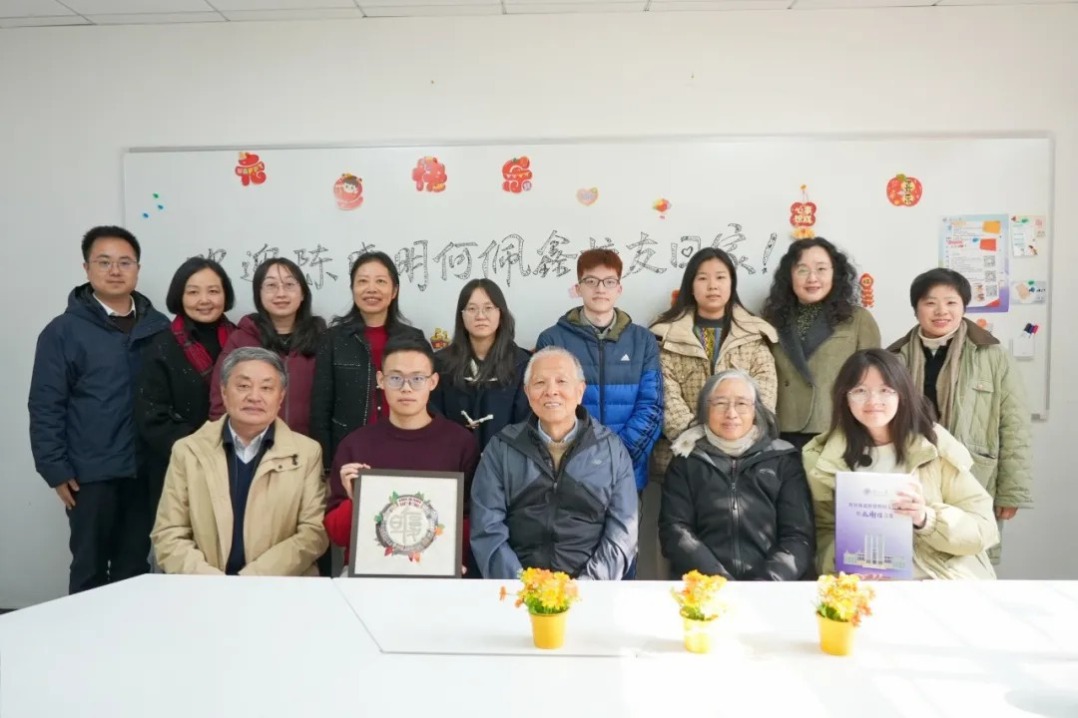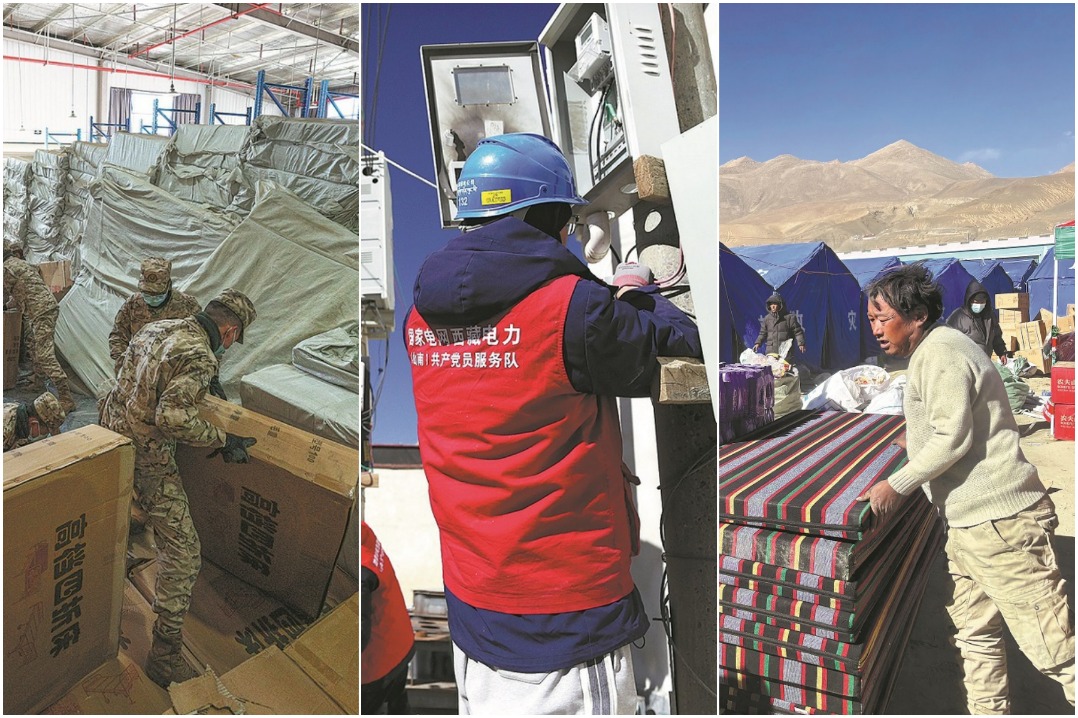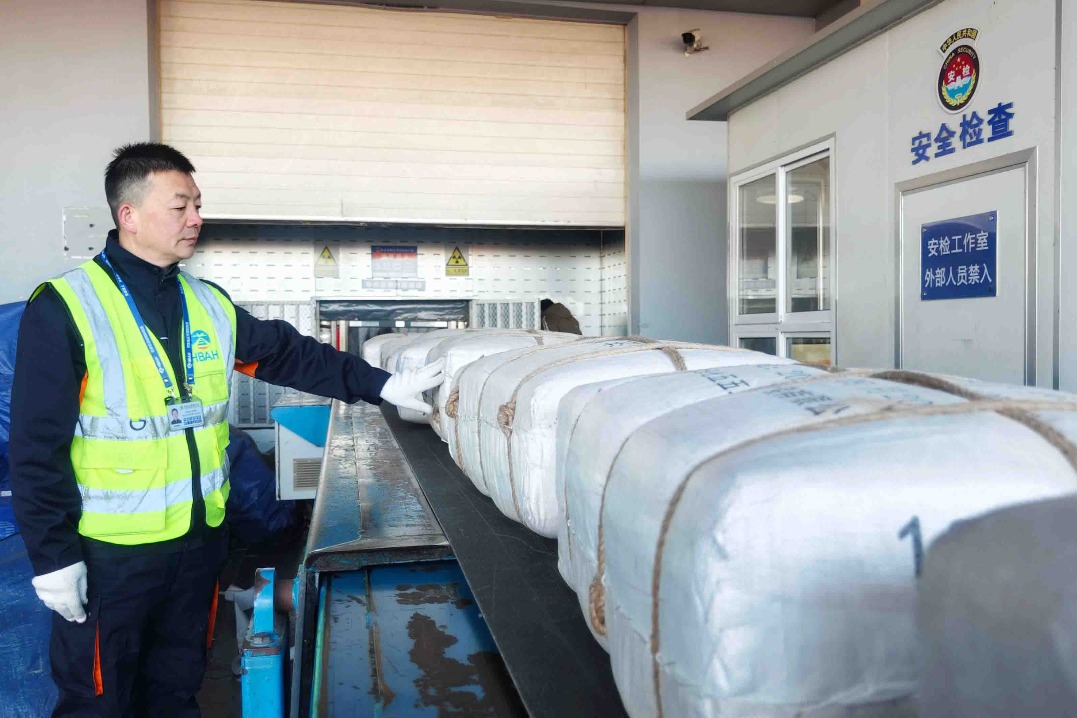Health program helps 4m patients pay bills

A national program to aid impoverished villagers affected by serious diseases has benefited more than 4.2 million people, according to data released on Monday by a leading health authority.
Over 4.9 million rural families left in dire straits due to crippling medical expenses had been lifted out of poverty as of October, 46 percent of the total number, data from the State Council Medical Reform Office show.
The program, launched in June 2016, targets villagers registered with local authorities as surviving on just $1 a day and provides preferential medical insurance policies and other relief measures.
On average, those eligible for the program paid only 19 percent of their medical bills last year, compared with 43 percent in 2016, Wang Hesheng, head of the office and vice-minister of the National Health and Family Planning Commission, said on Monday.
Of the 4.2 million patients who benefited, 420,000 were cured as a result of the assistance they received, according to Liu Kui, the commission's deputy director of finance.
"The program is aimed at ensuring basic medical care for the impoverished rural population and ensuring the basic life needs of someone affected by a major disease," he said.
Serious diseases including stomach cancer, terminal kidney disease and child leukemia are covered by the program.
Losing the ability to work and high medical bills are among the leading causes of poverty in China. Nearly 20 million people were living below the poverty live due to illness in 2015, accounting for 44 percent of the registered impoverished population, according to the commission. Included in this figure were 7.3 million people with serious diseases.
Authorities say these patients now receive family doctor services and greater reimbursements on the cost of medicines. In some areas, hospitals offer treatments in advance of payment-counter to standard policy-to allow poor patients time to receive government subsidies toward the costs.
More measures to alleviate poverty through improved health services are expected in the next few years, such as additional medical insurance programs and improved training for doctors at grassroots clinics, Liu said.
He said the Ministry of Finance has pledged 10 billion yuan ($1.58 billion) over the next three years to a program that aims to improve health security in impoverished areas of western China.
The country's basic medical insurance network currently covers 1.35 billion people, more than 95 percent of the population, according to the national health commission.
- China records 26 percent drop in criminal cases
- Former vice-president of Beihang University sentenced to 12 years for bribery
- First China (Jilin) Real Image Conference promotes development of documentary industry
- Fishing manuals record China's early footprints in South China Sea
- Local & outsider doctors unite to aid Xizang quake victims
- Alumni couple lends a helping hand to needy students




































